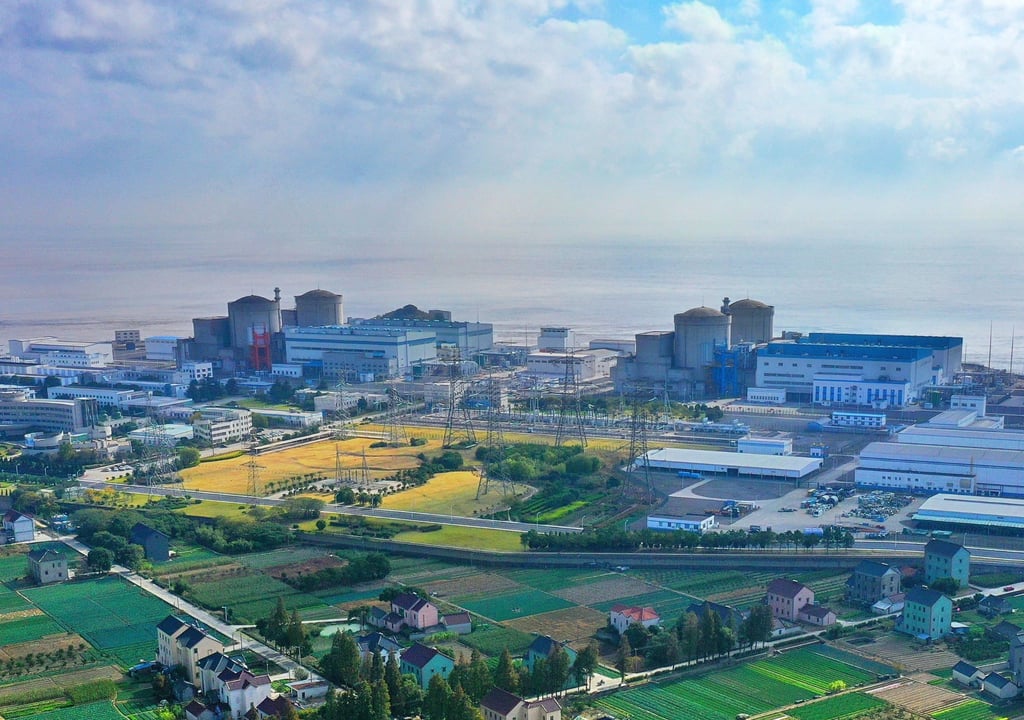China has tested a new residual heat removal system that could make its next-generation, radioactive waste-recycling nuclear power plants more meltdown-proof.
Advertisement
The China Institute of Atomic Energy said it “recently” conducted the simulation of a passive heat removal system for fast nuclear reactors, calling it a breakthrough in the development of a fourth-generation nuclear plant with a closed-loop fuel cycle.
“This is the first proof-of-principle test in China for a new passive residual heat removal technology for [integral] fast reactors,” the institute wrote on Monday, although it did not state when the simulation took place.
While conventional thermal reactors, cooled by water, use slow neutrons to maintain a nuclear chain reaction, fast reactors use high-energy neutrons, allowing them to be more fuel-efficient.
Some fast reactors can act as a breeder, meaning the nuclear fuel that is consumed is turned into more fissile material, which can be reused.

Integral fast reactors use liquid metal as a coolant, typically sodium. Such reactors are distinguished by a closed-loop fuel cycle in that spent fuel is reprocessed within the same facility as the reactor.

